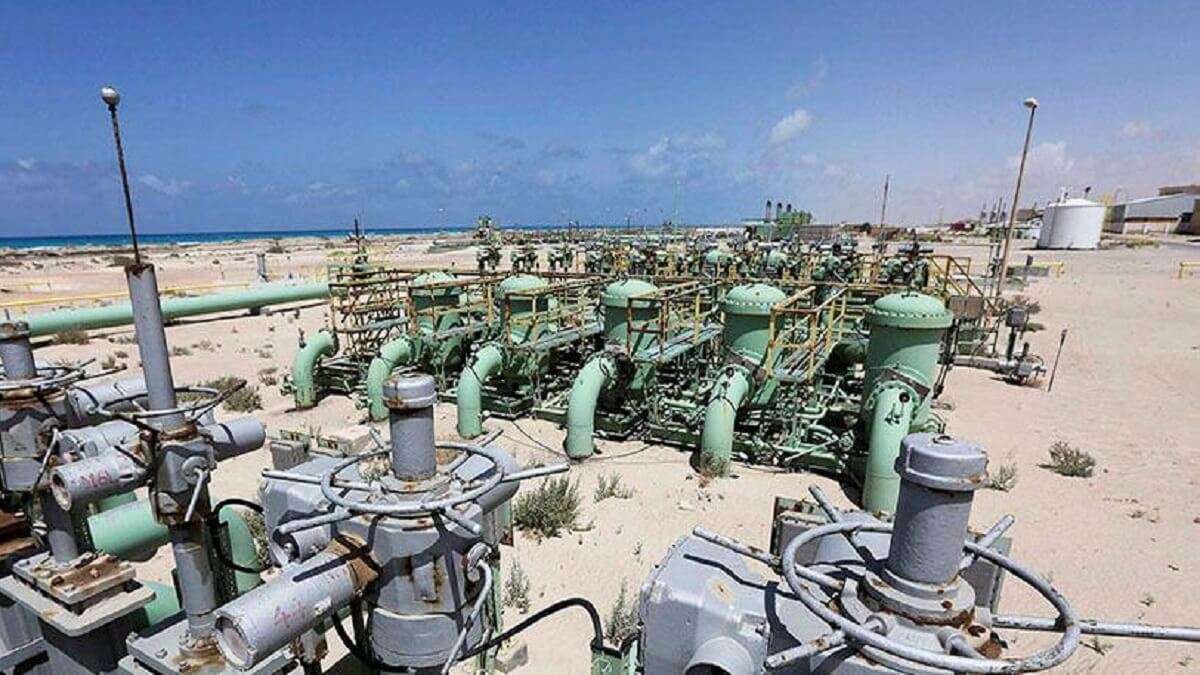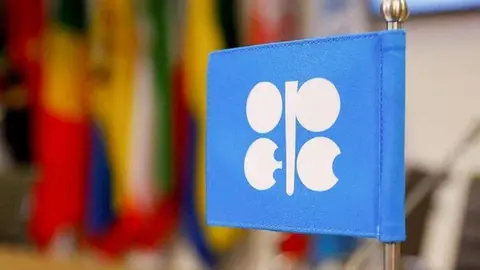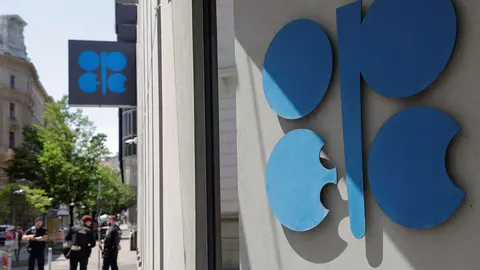OPEC+ confirms steep supply cuts until the end of the year

The sharp cuts in oil supply by the OPEC+ alliance, which is led by Saudi Arabia and Russia and is responsible for around 40% of global crude production, will continue until at least 31 December this year.
This was confirmed on Wednesday by the OPEC+ CMCM (formerly JMMC) monitoring committee at a telematic meeting chaired by Saudi Energy Minister Abdelaziz bin Salman and Russian Deputy Prime Minister Alexander Novak.
"The committee will continue to closely assess market conditions," and stands ready to "take additional measures at any time," the final statement of the meeting, published by the Organisation of the Petroleum Exporting Countries (OPEC) on its website, said.
This outcome of the meeting was expected by the markets, where oil prices today showed a strong downward trend.
A few hours earlier, both Saudi Arabia and Russia had confirmed from their capitals the reductions in their supplies, totalling 1.3 million barrels per day (mbd), which they undertook to apply "voluntarily" and in addition to the binding cuts agreed with the rest of the partners.
The voluntary reduction of Saudi pumping by 1 mbd and that of 300,000 bd in Russian exports, which began to be applied in July, are in addition to those of 3.6 mbd that are shared among 20 of the 23 OPEC+ member countries.
The volume of barrels thus withdrawn from the market totals 4.9 mbd, close to 5% of the world's supply of "black gold".

Exempted from the commitment to limit their extractions are Venezuela, Iran and Libya, due to the exceptional situation of their industries, affected by sanctions, crises and armed conflicts.
In confirming the validity of its voluntary cut limiting its oil production to 9 mbd, the Saudi Energy Ministry indicated that it will study it again "to see if it reduces or produces more".
Novak, who is in charge of Russia's negotiations with OPEC+, also said today that "a market analysis will be conducted next month to make a decision on whether Russia should deepen the cut or increase production instead".
Separately, Kazakhstan warned today that it will pump less than previously planned because of a delay in starting up a field expansion.
Kazakh Energy Minister Almasadam Satkaliyev said he would soon present "a revised forecast" for its production, recalling that it has "commitments linked to limiting crude oil extraction based on OPEC+ agreements".

The oil alliance's cuts have been the main factor behind the sustained rise in oil prices until the end of September, when Brent crude and OPEC benchmark crude rose above $96 and $97, respectively.
Since then, however, they have lost some of the ground gained, pressured down by the appreciation of the US dollar, among other factors.
Brent crude oil, which has ranged this year so far between a high of $96.55 (27 September) and a low of $71.84 (12 June), was selling at $89.9 after midday today, down 1.1 % from Tuesday's close.
The next session of the CMCM has been set for 26 November, which will be held shortly before the OPEC+ ministerial conference convened for the same day.










